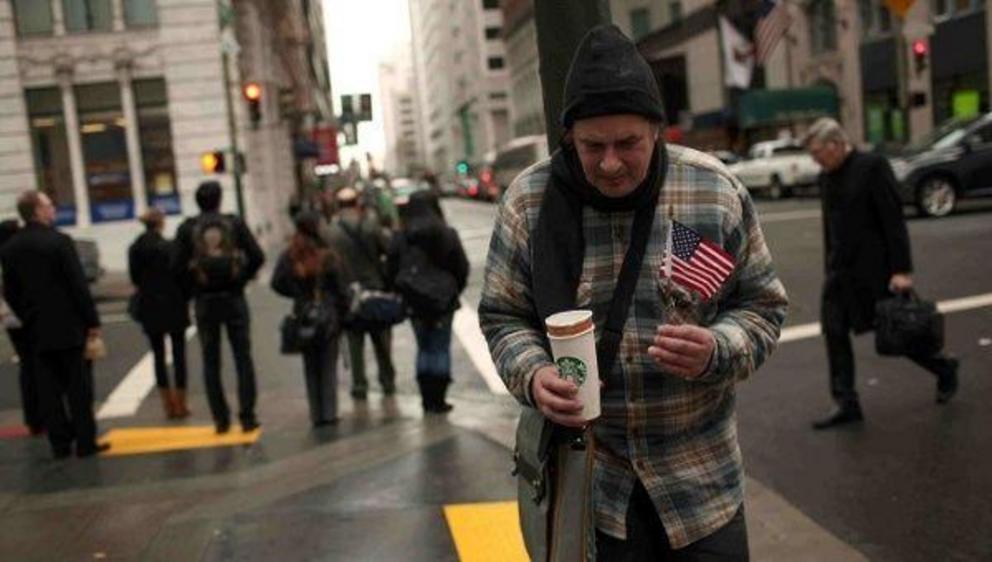UN expert: US authorities 'punish and imprison' the poor
"Its citizens lives shorter and sicker lives compared to those living in all other rich democracies," said Philip Alston, U.N. special rapporteur on extreme poverty.
A United Nations human rights investigator has criticized the United States for failing to alleviate poverty among its citizens, saying that U.S. authorities are "punishing and imprisoning the poor."
Philip Alston, the U.N. special rapporteur on extreme poverty, said U.S. policies since the 1960s have been "neglectful at best" and are only getting worse today.
"Its citizens lives shorter and sicker lives compared to those living in all other rich democracies; eradicable tropical diseases are increasingly prevalent, and it has the world's highest incarceration rate... and the highest obesity levels in the developed world," Alston said.
"The policies pursued over the past year seem deliberately designed to remove basic protections from the poorest, punish those who are not in employment and make even basic healthcare into a privilege to be earned rather than a right of citizenship."
The U.N. expert and New York University law professor will present a report on U.S. poverty at the United Nations Human Rights Council this month. His findings are based on a mission in December to rural Alabama; a slum in downtown Los Angeles, and the U.S. occupied territory of Puerto Rico.
In the United States, nearly 41 million live in poverty, 18.5 million of those in extreme poverty. Children account for one in three of U.S. citizens in poverty, making it the industrialized country with the highest youth poverty rate.
The U.N. expert said that poverty is also deeply linked to social discrimination, with African-Americans being 2.5 times more likely than White people to live in poverty, and with double the unemployment rate.
The United States also has a staggeringly large homeless population of 500,000 people.
"There is no magic recipe for eliminating extreme poverty and each level of government must make its own good-faith decisions," Alton said.
"At the end of the day, however, particularly in a rich country like the United States, the persistence of extreme poverty is a political choice made by those in power."

